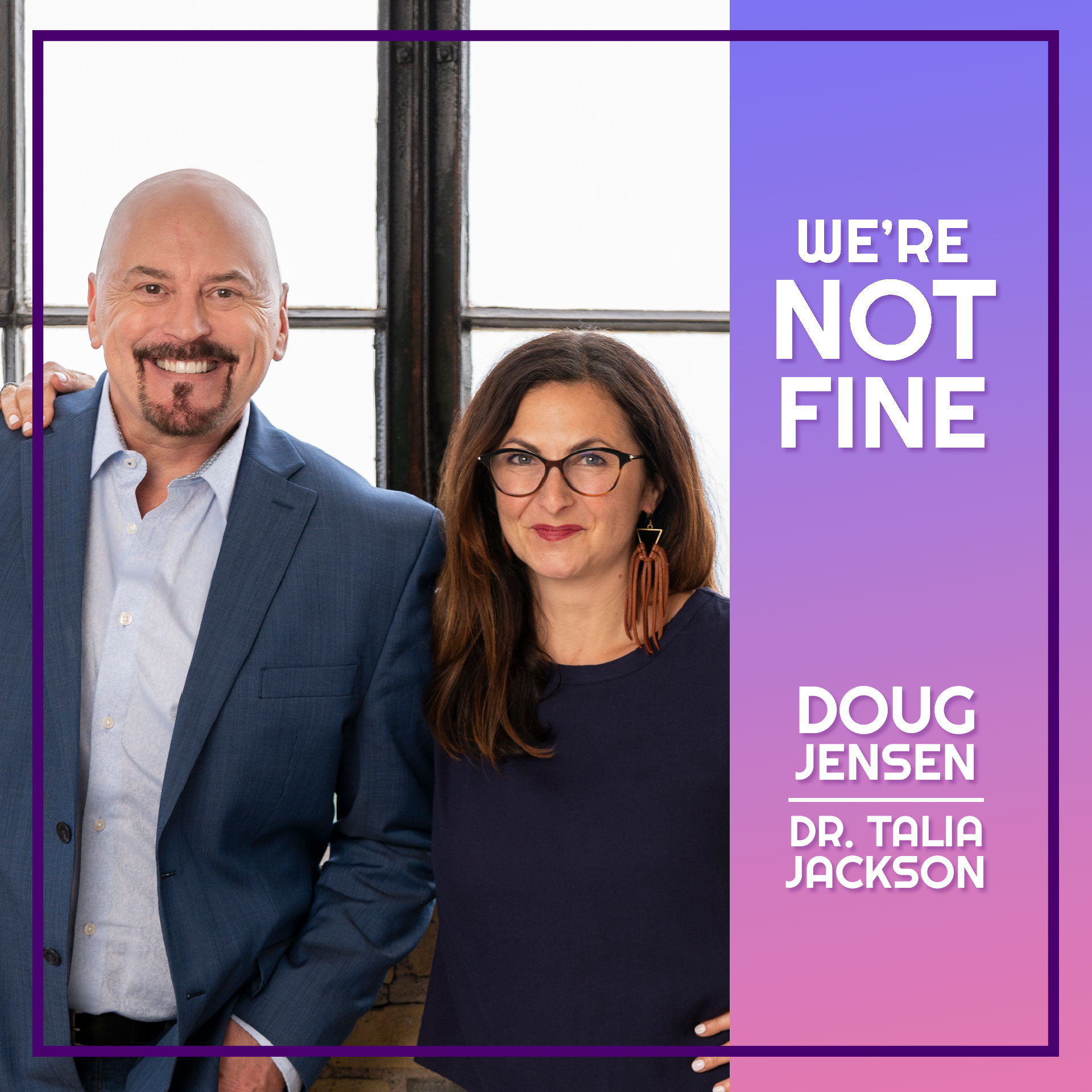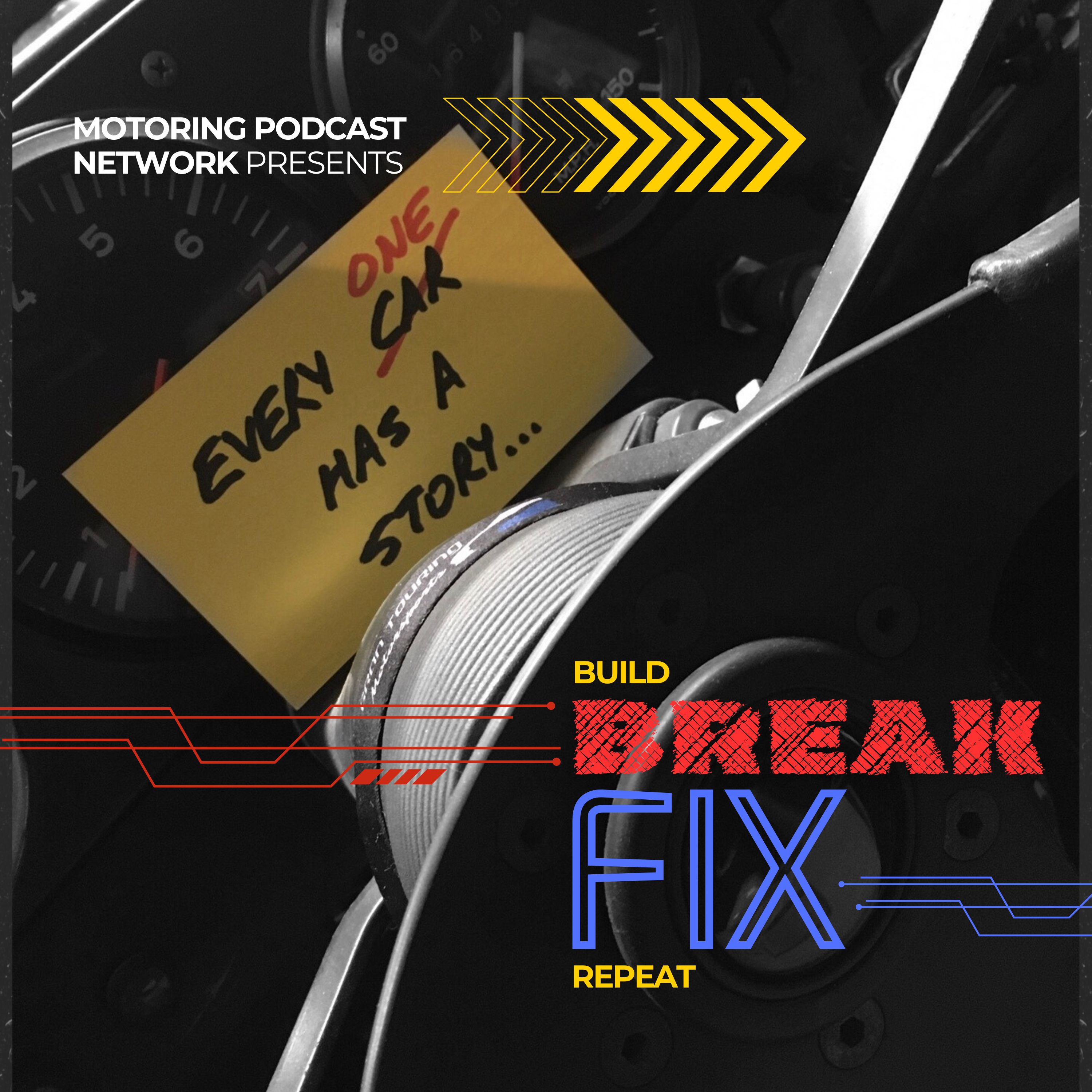
Sparky Life
On Your Construction Network, welcome to The Sparky Life with Lia Lamela - Your Escape Route from Dead-End Jobs!
Tired of living paycheck to paycheck? Hate your current career? Discover how skilled trades can transform your life - delivered with humor, real talk, and zero BS. If you already in the skilled trades transform your career with real stories, expert insights, and proven strategies from industry professionals who've built successful careers in the construction industry.
What You'll Get:
Career change strategies for people stuck in unfulfilling jobs
How to go from broke to building wealth in the skilled trades
Safety tips that could save your life and career (with a laugh)
Real stories from people who escaped corporate hell for trades heaven
Business growth advice for contractors and entrepreneurs
Industry insights delivered with humor
Perfect for anyone ready to ditch the cubicle, stop living paycheck to paycheck, and build a career that actually pays the bills - and then some. From office drone to skilled trades success - we'll show you the way (with a lot of laughs).
New episodes bi-weekly featuring the stories, and strategies that matter most to your success.
Subscribe now and join thousands building their Sparky Life!
Sparky Life
The Fire That Shaped Fire Alarm Safety Laws
Every skilled professional needs the right tools to succeed → Get the right tool for YOU at SUPPLY HOUSE - Use code SH5 for 5% off!
🎧 In this episode: A devastating fire. Locked doors. No escape. This episode tells the shocking true story of the Triangle Shirtwaist Factory fire—one of the deadliest workplace disasters in American history—and how it reshaped fire codes, safety laws, and the future of skilled trades.
👇 Follow for more blue collar badassery every Thursday!
SPARKY LIFE Podcast on SPOTIFY
👇 WATCH the episodes on YOUTUBE!
⸻
📲 Stay Connected:
Instagram: @sparkylifeoflia
TikTok: @sparkylifeoflia
⸻
🛠️ Huge thanks to our sponsor: SupplyHouse
Get the best tools & supplies → supplyhouse.com/t-m
Use code SH5 for 5% off!
The Fire That Changed Everything: How the Triangle Shirtwaist Factory Fire Shaped Fire Safety Laws
Welcome back to the Sparky Life Podcast — where we dive deep into all things construction and skilled trades. Today, we’re throwing it back to one of the most shocking workplace disasters of all time: The Triangle Shirtwaist Factory Fire.
It’s a story so devastating that it literally forced America to start caring about workplace safety. Because let’s be real — in 1911, “safety” pretty much meant, "Good luck, hope you don't die today!"
But out of this tragedy came real change: life safety codes, electrical regulations, fire alarm systems — and the real heroes behind these changes? Skilled trades professionals like you.
If you're an electrician, a fire alarm technician, or a building inspector, congratulations. You’re a real-life superhero. 🦸♂️🦸♀️
Setting the Scene: 1911 New York City
Picture it: factories jammed tighter than a New York subway at rush hour. Workers were crammed into unsafe buildings, treated like disposable numbers.
Enter the Triangle Shirtwaist Factory — located on the 8th, 9th, and 10th floors of the Asch Building. About 500 young immigrant women worked there, sewing fancy blouses, breathing in cotton dust, working 12-hour shifts next to open gas lamps.
And here's the kicker:
The owners, Max Blanck and Isaac Harris, locked the exit doors from the outside — afraid workers might steal a blouse or two. Yup, they valued stolen shirts over human lives.
Now, stack that on top of:
- Flammable fabric scraps everywhere
- Gas-powered sewing machines
- No sprinklers
- Locked doors
It was a disaster waiting to happen.
The Fire That Changed Everything
On March 25, 1911, just before quitting time, a fire broke out. Flames erupted from a scrap bin and spread within minutes.
- In 2 minutes, the eighth floor was engulfed.
- By 5 minutes, the fire had spread to the ninth and tenth floors.
- In 10 minutes, it was nearly impossible to escape.
Workers rushed to the exits — only to find them locked.
Some jumped out the windows, choosing death by fall over burning alive. Firefighters arrived quickly, but their ladders only reached the sixth floor — nowhere near high enough.
In just 18 minutes, 146 workers died, most of them young women, some as young as 14 years old.
What Changed Afterward
This tragedy horrified the public. The outrage was so fierce that lawmakers finally acted, leading to major reforms, including:
- Mandatory fire drills
- Unobstructed emergency exits
- Required sprinkler systems
- Early fire alarm warning systems
In short: it birthed the workplace fire safety codes we rely on today.
The Unsung Heroes: Skilled Trades Professionals
Who makes sure history doesn't repeat itself?
Skilled trades workers.
✅ Fire Alarm Technicians: Install and maintain systems that warn people before a fire gets out of control.
✅ Electricians: Ensure wiring and systems are safely installed to prevent electrical fires. Fun fact: as an apprentice electrician, I learned that our #1 job isn’t just bringing power — it’s preventing fires!
✅ Fire Inspectors: Check buildings for code compliance, flag dangers, and hold people accountable.
Sure, sometimes fire inspectors get a bad rap, but let’s be honest — they are literally saving lives.
What You Should Do If You See Unsafe Conditions
If you ever spot chained exits, blocked fire doors, or unsafe conditions at your workplace:
- Report it immediately to HR, OSHA, and even the local news if needed.
- Use your voice. Social media is powerful — document unsafe practices and shine a light on them.
- Demand better. Everyone deserves a safe work environment.
You are not overreacting. You are standing up for yourself and your coworkers.
Final Thoughts
Fire safety laws were written in blood — a brutal but necessary truth.
Fire alarms, electricians, and fire inspectors are lifesavers.
And if your boss ever locks you inside your workplace?
QUIT. Then TikTok that crap. 🚨📱
If you found this story eye-opening, share it.
And if you work in the skilled trades, tell me:
👉 What’s the worst safety violation you’ve ever seen on a job site?
Drop a comment — I love hearing your stories.
Until next time, stay safe out there, my blue-collar baddies. 💥👷♀️👷♂️



